What is gracing the August 2024 skies? A rare conjunction of Jupiter & Mars, Perseid Meteor Shower, and all the naked-eye planets visible.
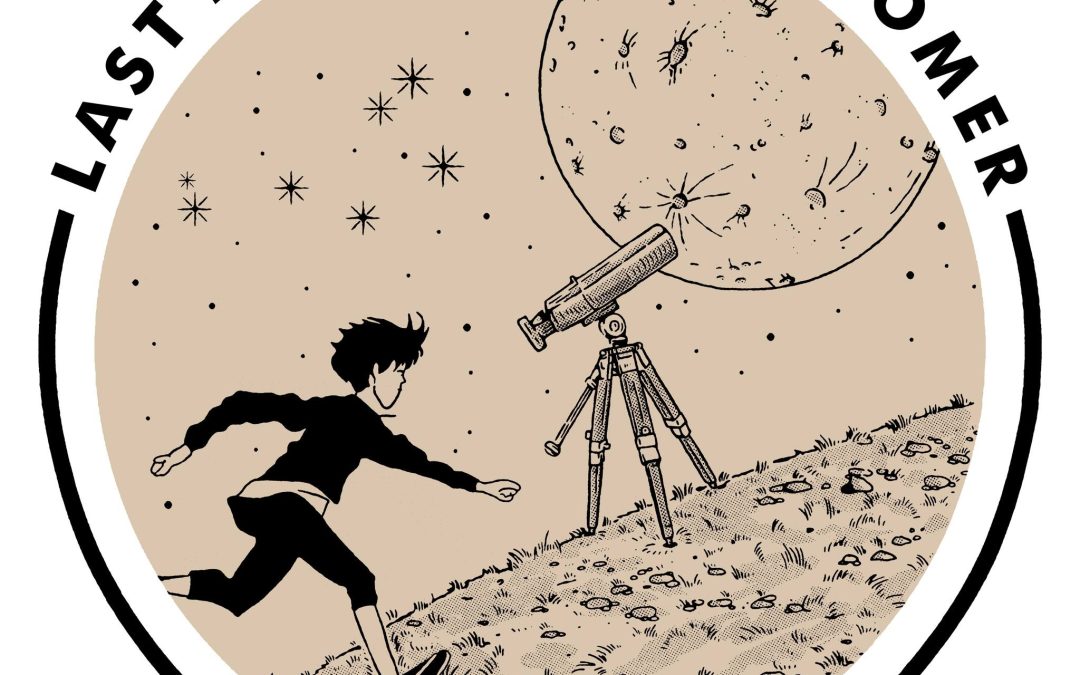

What is gracing the August 2024 skies? A rare conjunction of Jupiter & Mars, Perseid Meteor Shower, and all the naked-eye planets visible.

SNFactory found that among about 50 supernovae, many had nearly identical spectra, paving the way of using supernovae to search dark energy.
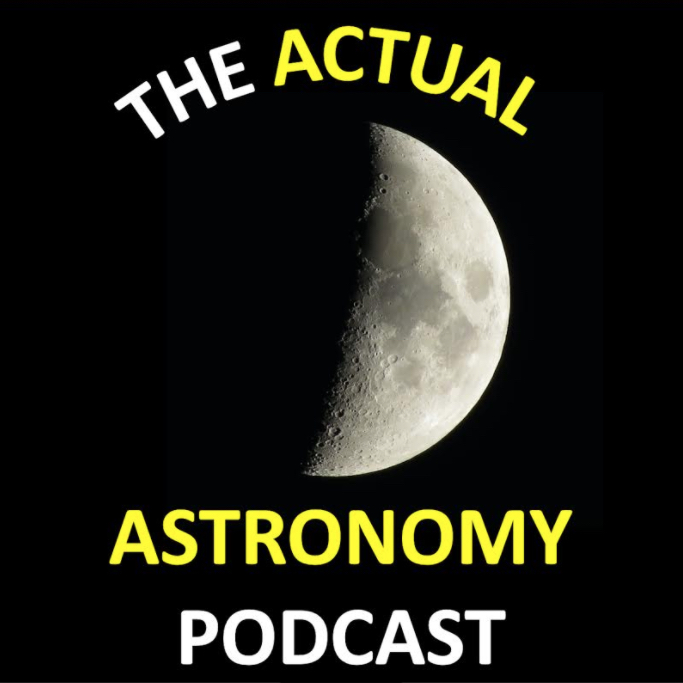
How to observe the Perseid meteor shower,Lunar X and Straight Wall, Minor Planets Iris and Psyche plus bright comets.
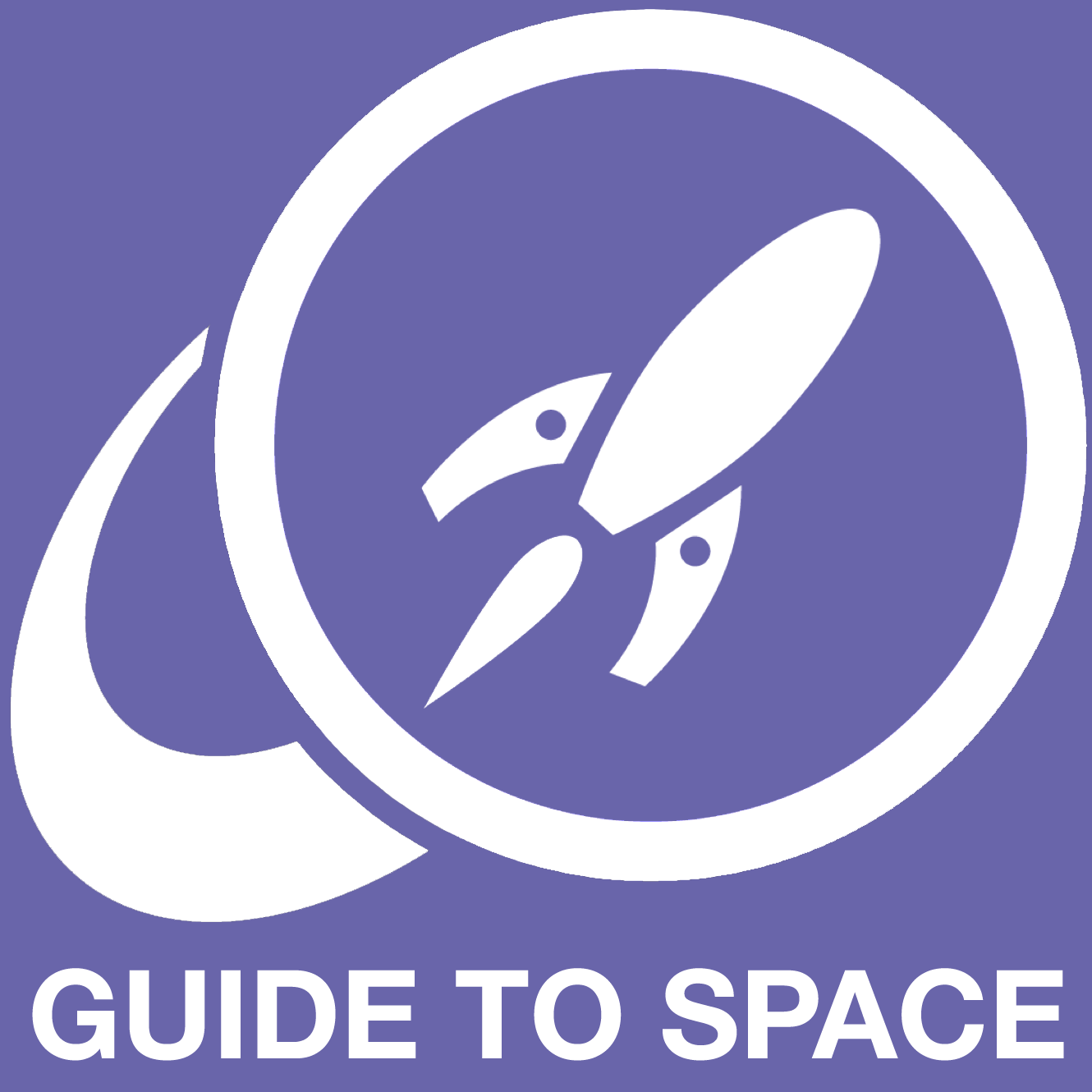
Supernovae are powerful explosions in Universe, releasing more energy in a moment than most stars release in their entire lifetimes.
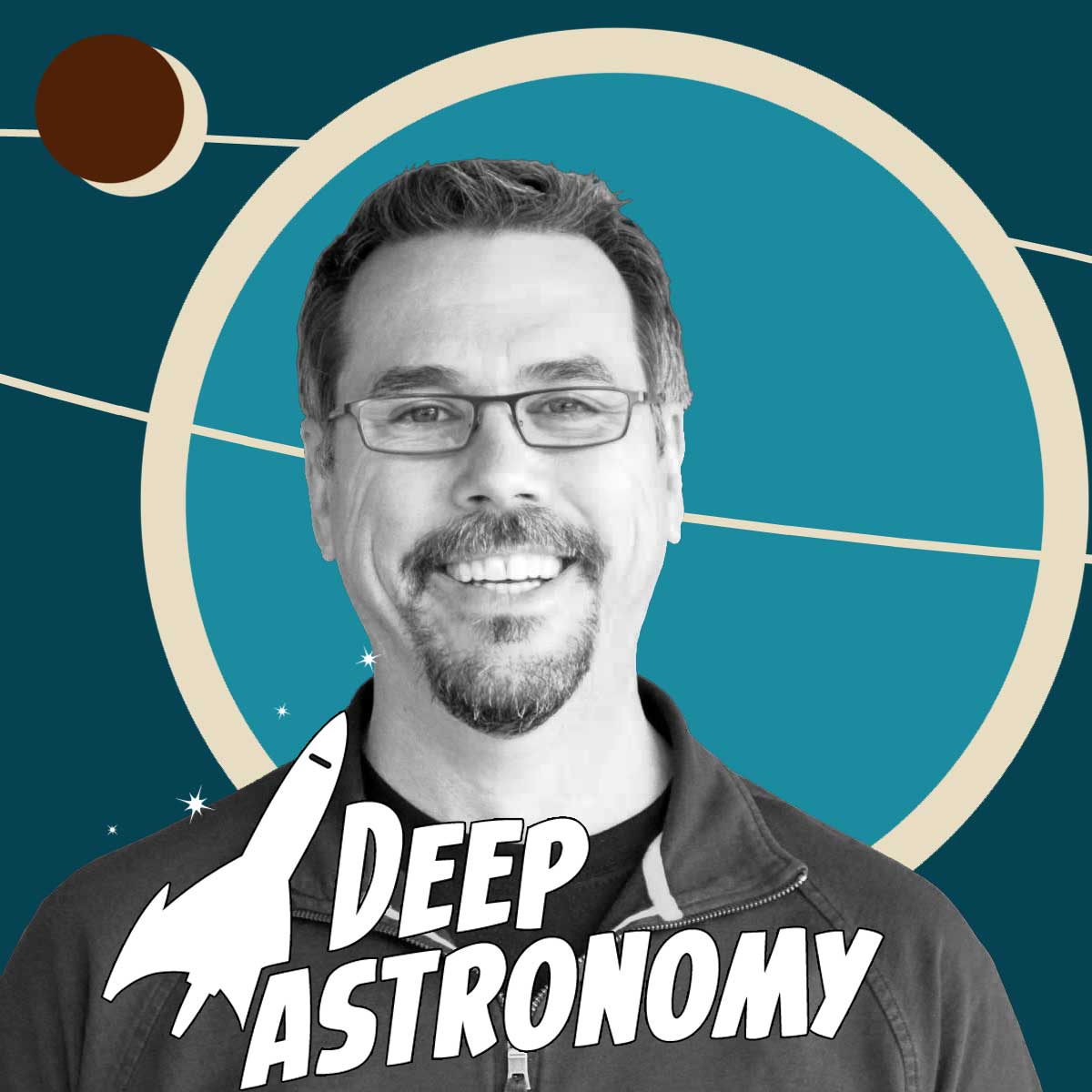
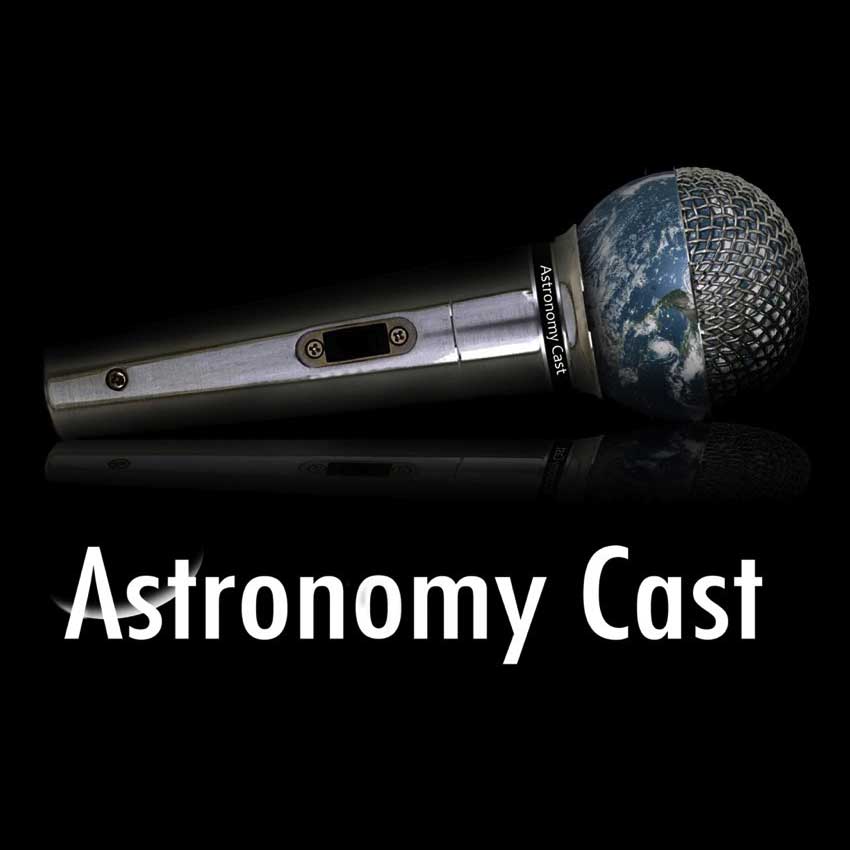
The planets orbiting other stars defy our expectations. Gigantic super-Jupiters whirling around their parent stars & Earth-sized fragments of exploded stars circling pulsars. Join us as we round up the latest batch of bizarro worlds.
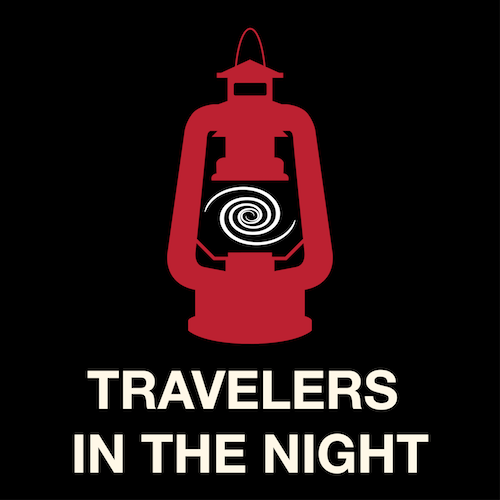
Brian Africano discovered his 4th comet in the constellation of Ursa Major & a story about large fireball meteor which exploded over Cuba
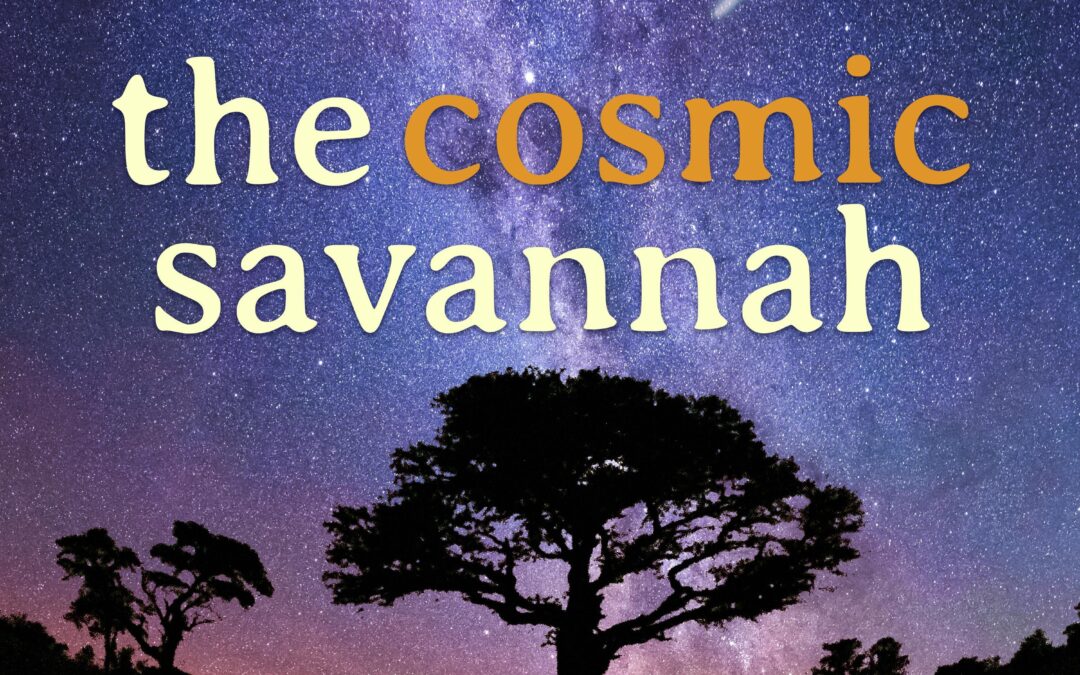
The SKA is a next-generation radio astronomy facility that will revolutionise our understanding of the Universe. More at #365DaysOfAstro

Researchers find that the “oddball supernova” of a curiously cool, yellow star was lacking the hydrogen content expected.
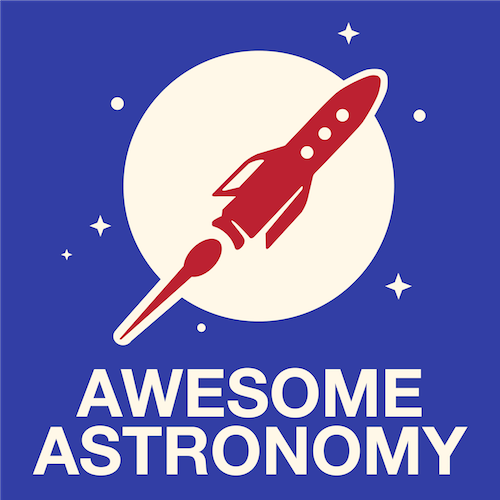
With SpaceX leading the way in commercial spaceflight and Virgin Galactic offering an alternative, how about Blue Origin?